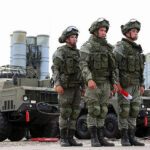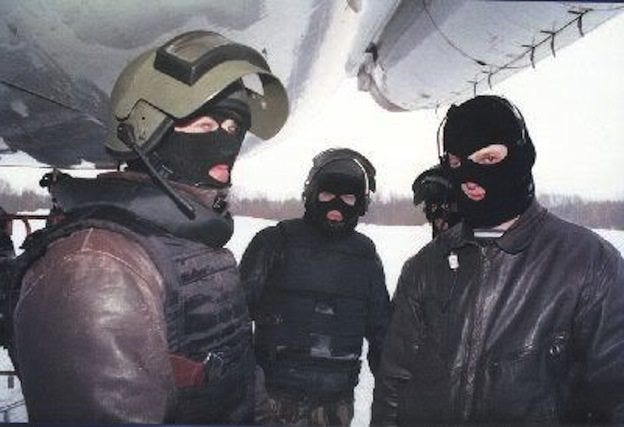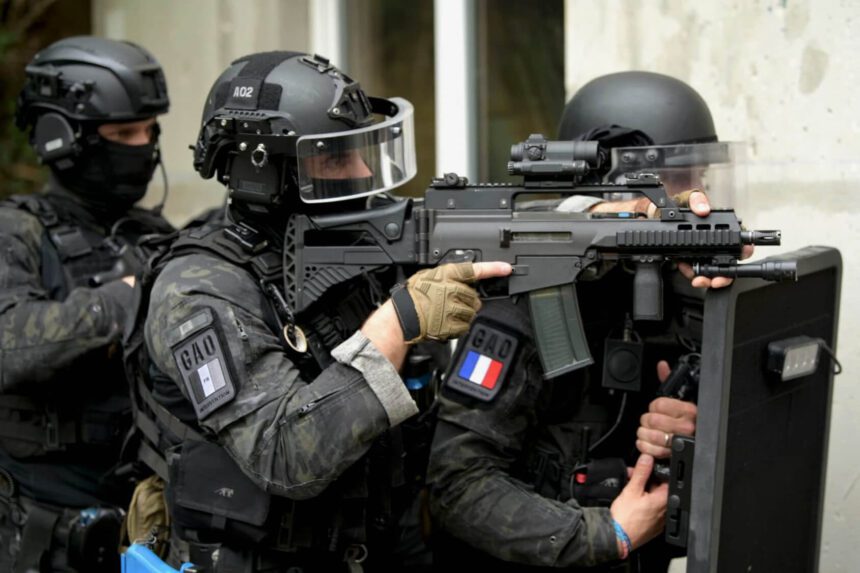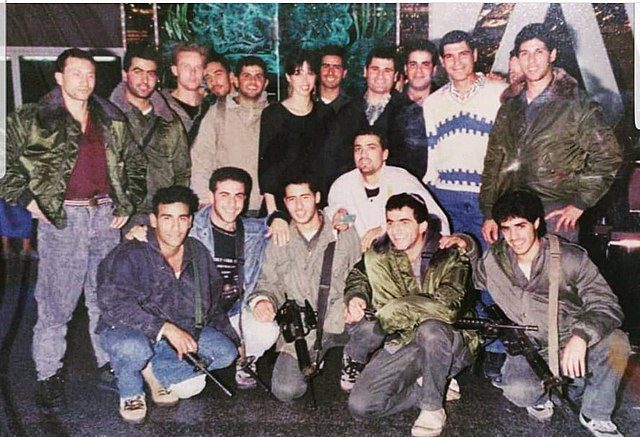The Bloc That Shapes Europe’s Future
To understand modern Europe, you must understand the European Union. The EU does more than regulate markets or set trade policy. It defines how Europe responds to crises, from financial shocks to Russian aggression. In the hybrid war that Moscow wages against the continent, the EU acts as both a shield and a target.
Origins and Expansion
The EU grew out of the European Coal and Steel Community of 1951 and the Treaty of Rome in 1957. What began as an economic project to bind nations together expanded into a political union with 27 member states. Each enlargement — from Southern Europe to Eastern Europe — brought new opportunities but also new tensions, as the EU balanced integration with national sovereignty.
Institutions and Power
The EU operates through a complex structure: the European Commission proposes policy, the Council and Parliament legislate, and the Court of Justice enforces compliance. These institutions give Brussels enormous influence over economics, regulation, and security policy. For Moscow, the EU represents a rival pole of power, capable of uniting Europe in ways that NATO alone cannot.
Response to Russia
The EU has played a central role in countering Russian aggression. It imposed sanctions after the annexation of Crimea in 2014 and escalated them after the 2022 invasion of Ukraine. Brussels has moved to cut dependence on Russian energy, support Kyiv with financial aid, and harden Europe’s digital and physical infrastructure. These steps show the EU’s ability to project power through economic and regulatory means.
Fault Lines and Vulnerabilities
Moscow exploits the EU’s internal divisions. Energy dependence, nationalist politics, and disputes over migration and sovereignty create fractures that Russian propaganda amplifies. Member states often disagree on the pace of integration or the severity of sanctions, giving the Kremlin space to weaken consensus. These vulnerabilities make the EU both powerful and fragile.

Tools of Resilience
The EU is building resilience against hybrid threats. It has launched initiatives on cyber defence, disinformation monitoring, and energy security. It regulates digital platforms to limit manipulation and funds infrastructure to reduce strategic dependence on Russia. These policies show that the EU recognises hybrid war as a defining challenge of the century.
The EU’s Strategic Dilemma
The EU stands as both a bulwark and a battlefield. Its integration gives Europe strength, but its complexity invites pressure. For Russia, the EU embodies both an obstacle to influence and a target to undermine. For Europeans, understanding the EU means understanding how power works not only in Brussels but across the continent in the struggle for sovereignty and security.













